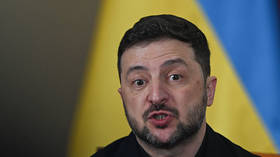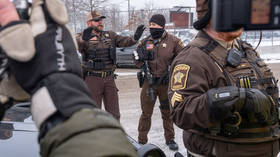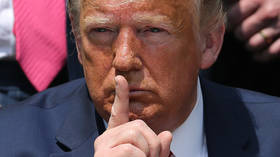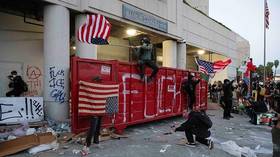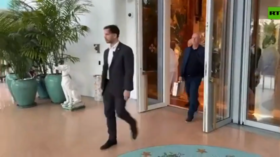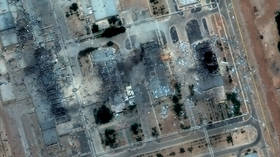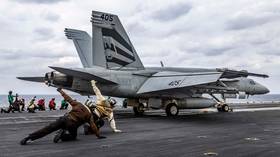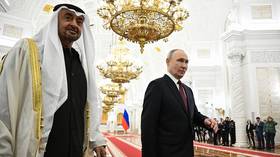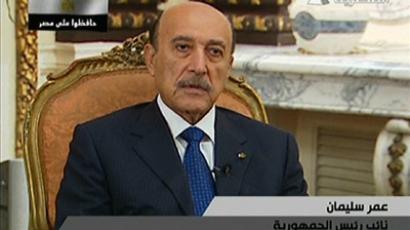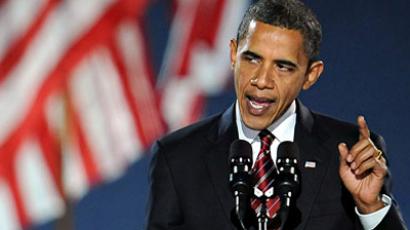Nonresistance to evil by force: the Army version
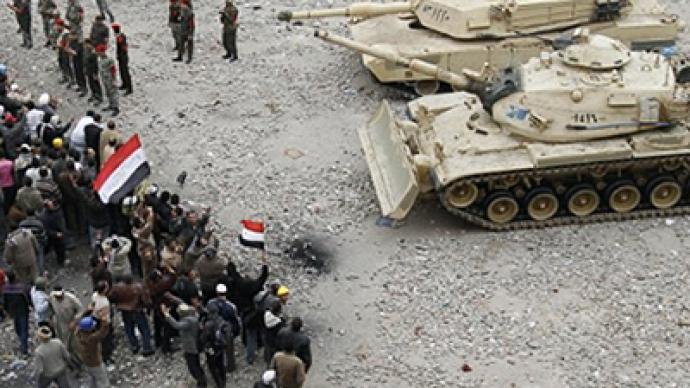
The army started slowly forcing people out from Tahrir Square and occupied new positions in Cairo, making tiresome, useless and formal checks more severe.
From the moment when Omar Suleiman – a former spy and now Egypt’s vice president who suddenly turned out to be a US protégé – promised on TV that the army would not resort to violence, every encounter of a Cairo resident with the army has become more problematic.Passages leading to Tahrir Square become narrower every day. Tonight the queue of those who wished to get there stretched to the middle of the bridge across the Nile. Control over people passing to the square has become stricter. Many told me that they do not let anyone in there, especially journalists. The situation at the square shows a readiness for any scenario. In the morning, I learned that the opposition seems to have made the decision to pack up the protest and move to another place, but no one knew who had made the decision. The protesters are still in the square. It’s raining and people are hiding under tents. They have cleaned up the litter from the square. They’ve established a fund to gather money to restore the pavement they broke up for stones.At times the army moves the tanks a meter closer to the square’s center. In front of them there is a line of soldiers. Then there is a line of people sitting at their feet – a human shield in the way of the army which does not want violence. As a rule, a competition of peacekeeping ambitions ends up with blood.Every time the soldiers fire up the tanks’ engines, people whistle, and in seconds the shield becomes a hundred times bigger. A wealthy businessman came to the square with his friend and they plan to spend the night there. They both have families and businesses. They are respectable people, but they have stood in line for an hour and thrown stones at the pillars of the regime. Two days ago I saw one of them being very good at it. And now they like to sleep in the street, in the rain, and rush to stop tanks at a whistle. Do they believe that if people protest in this square, Mubarak will leave? No. But they believe that the efforts of many people for the sake of justice won’t be in vain. Maybe it’s a far too philosophical approach to a revolution from the European point of view. The Muslim Brotherhood says they will not participate in a presidential election and will not enter a coalition with the inheritors of Mubarak’s regime, no matter how long it lasts. They think the protests are an important stage of the process of the people’s political maturation. They do not think them in vain even if they don’t immediately lead to changes. “We’ve come a long way; there are many killed among us,” a Brotherhood member told me. “Not from stones or in gas attacks, but tortured to death in prisons and gunned down on purpose, and not with a chance bullet. We know what a political and parliamentary fight means. Protests at the square are an important part, but not all.”Unlike liberals, the Brotherhood is not surprised at the behavior of the police or the army’s position. The authorities’ attitude toward the Brotherhood has always been harsh. However, for the 80 years of the Brotherhoods’ existence, it did not perish in prisons or exile but has grown and become stronger.In the afternoon I drove along the Nile and passed an area of slums, after which there came a rich quarter of villas and restaurants. In the slums, they burned fires and severe-looking people with long knives greeted you frostily by checking the trunk of your car.In the rich quarter, there were tanks in every street. But shops and restaurants were open. If not for the tanks, you would have never imagined that a few kilometers from there a protest had been boiling for days already.A businessman told me his version of what had happened. “On January 25 the liberal youth organized protests by means of communities on Facebook,” he said. “They demanded only changes in the Constitution and democratization. Then inexplicable things happened. In one day, several thousand criminals were let out of prison. Such things do not happen on their own accord. The police disappeared from the streets. About 1,000 people work at my factory. Thank God I paid the salary at the end of January. Otherwise all of them would have starved. When we learned of the massacre in the city, we went to the police, where we found three people in plainclothes drinking tea. They could not help us, and did not plan to protect my workers from burglars and murders. The police abandoned the people.”“OK, but what happened to the army?”, he continued. “It does not interfere or protect anybody. But then the Defense Minister comes to Tahrir Square and speaks about justice. Believe me, Egypt is closer to a military coup than ever. The Americans would like such a scenario – they like military regimes, though they teach everybody democracy. For the past ten days we’ve made a long journey from clear demands for real democracy to demands that Mubarak should leave office. But no one has ever managed to change both the leader and the system at the same time in a democratic way. It can be done only by means of a military coup – and that’s what we are approaching at high speed. And the Americans play their dirty role in all that.”A new army checkpoint appeared near the hotel on the embankment. Soldiers checked my passport and demanded my press card, looked at the photo and video cameras – they could not understand what buttons I pressed and what I showed them. Then they spoke over the phone with somebody and told me that I had violated the curfew. “She’s been to Iraq!”, a soldier told the other one, looking through my passport. He spoke in such a manner as a poet once wrote, “She’s been to Paris!”Finally they let me go and wished me goodnight. They said twice that the check was performed for the sake of security. What you can’t take away from the military men is their ability to say commonplace things with an air of special confidentiality.
Nadezhda Kevorkova, RT


